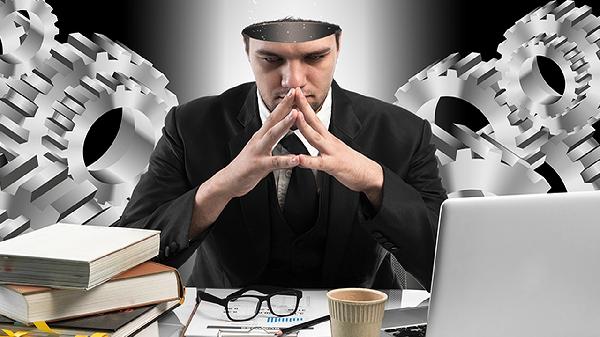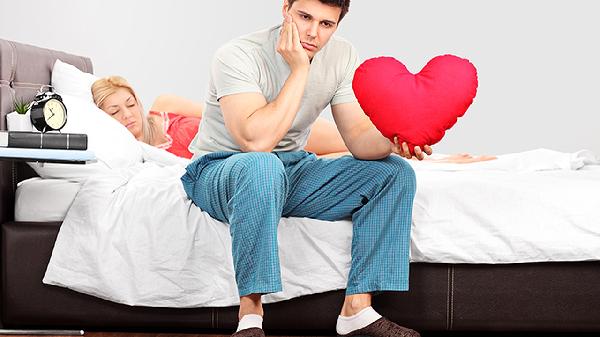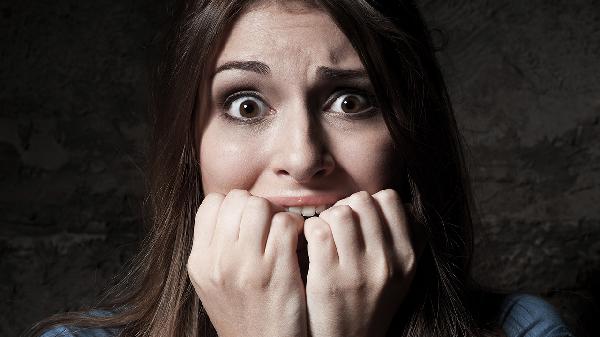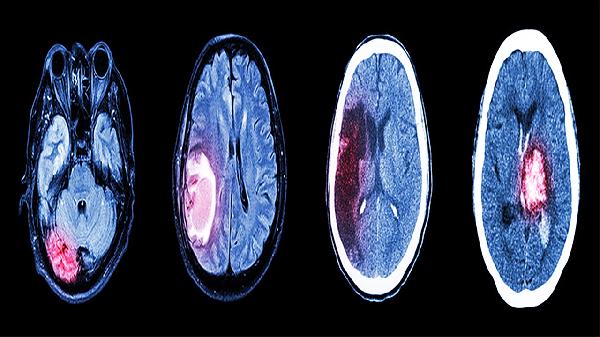Depression isn’t just about overthinking or feeling sad—it’s your brain’s happiness machinery malfunctioning. Think of it like a car with a busted fuel line: no matter how much you press the gas pedal (or try to "think positive"), the engine just won’t fire up. That’s because depression is rooted in biology—specifically, in the way your brain processes feel-good chemicals like serotonin, dopamine, and norepinephrine. When those systems go haywire, it’s not a mindset problem—it’s a chemistry problem.

The Science Behind the Slump
Your brain runs on neurotransmitters, the chemical messengers that regulate mood, motivation, and pleasure. In depression, these signals get scrambled. Serotonin—the "mood stabilizer"—dips too low, leaving you feeling emotionally flat. Dopamine—the "reward chemical"—stops responding to things that used to excite you. And norepinephrine—the "energy booster"—drops off, making even small tasks feel exhausting.
This isn’t just a theory; brain scans show real differences in depressed brains. The prefrontal cortex (responsible for decision-making) slows down, while the amygdala (the fear center) goes into overdrive. That’s why depression isn’t just sadness—it’s a foggy, heavy, all-consuming fatigue that rewires how you experience joy.
Why "Just Cheer Up" Doesn’t Work
Telling someone with depression to "snap out of it" is like telling a diabetic to just "make more insulin." The brain isn’t being stubborn—it’s literally running on empty. Research shows that chronic stress, trauma, or even genetics can damage the brain’s ability to regulate these chemicals. Over time, the receptors that pick up happy signals wear out, leaving you numb to things that should bring pleasure.
This explains why people with depression can’t just "choose happiness." If your brain isn’t receiving the right signals, no amount of positive thinking will magically fix the wiring. That’s why treatments like antidepressants (which help restore chemical balance) and therapy (which helps retrain thought patterns) often work best in tandem.
How to Actually Help Your Brain Heal
Since depression is a physical and mental battle, recovery requires more than willpower. Here’s what science says can help reboot those happiness receptors:
The Bottom Line
Depression isn’t a personal failure—it’s a medical condition. Just like you wouldn’t shame someone for having asthma, you shouldn’t blame yourself (or others) for a brain that’s running on low fuel. The good news? Brains can heal. With the right support, those happiness receptors can bounce back—it just takes time, patience, and sometimes a little chemical reinforcement.
So if you’re feeling stuck, remember: It’s not all in your head. It’s in your brain—and science has your back.
























